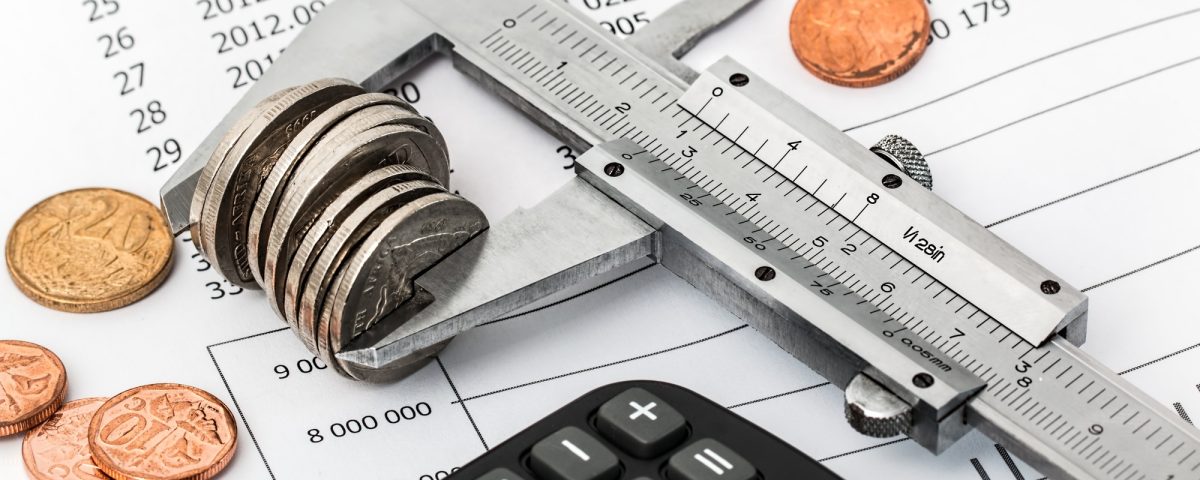Monthly Budgeting: How to Plan to Pay Back Personal Loans

The Complete Guide to Improving Credit Scores with Personal Loans
February 14, 2023
Car Troubles: How a Quick Loan Can Help You Get Back on the Road
March 12, 2023Did you know that the average American has approximately $90,000 worth of debt? That’s a staggering amount, and it can have devastating effects on your financial future. The key to managing debt is to create a repayment plan and stick to it.
Not everybody understands how to get started with their monthly budgeting, though. Let’s take a look at how you can establish a monthly budget to pay off your loans and take back control of your finances.
Eliminate Unnecessary Expenses
The first step to creating a budget that works is to identify and cut out any unnecessary expenses. This could mean canceling subscriptions or cutting back on occasional luxury purchases.
It’s important to focus on reducing your monthly expenses so you can free up more money for debt repayment.
However, it’s worth noting that you need to have a certain level of discipline to achieve this. Some people find themselves making unnecessary purchases regularly in pursuit of short-term gratification. These typically include dining out, alcohol, clothing, etc.
The good news, though, is that it gets easier as time goes on. Once you discover that you can live without making these purchases, you won’t feel compelled to make them in the future.
Set Financial Goals
Once you’ve identified places to save, it’s time to set some financial goals. What will you do with the extra money you have saved?
Will you use it to pay off debt faster, or are you looking to make bigger purchases in the future? By setting realistic goals, you can better plan how much to allocate toward each goal.
It will also help you stay motivated as time goes on.
Track Your Spending
It is imperative to always track your spending and make sure that you’re staying on top of your budget.
This can be done with the help of a budgeting app or simply by tracking your expenses in a spreadsheet. By keeping track of where your money is going, you can adjust your expenses accordingly and ensure that you stay on track with your repayment plan.
Be willing to make adjustments if necessary. To clarify, let’s assume you encounter an unexpected medical expense. You may need to reduce spending in other areas while you handle this obligation.
Stay Organized
Staying organized is key when it comes to budgeting and debt repayment. It’s important to keep all of your financial documents in one place so you can easily access them if needed.
Whether that’s a filing cabinet, an app, or an online filing system, make sure you have a system in place to keep your finances organized and manageable. It’s worth noting that the ideal system will vary from person to person.
How one individual stays organized may be highly different from how somebody else does. Regardless, try your best to find something that works for you.
Consider Debt Consolidation
This involves taking out one loan to pay off multiple debts. Consolidating your debt can have advantages, such as lower interest rates, no late fees, and a single monthly payment that’s easier to manage.
Before taking this step, however, make sure you understand all of the costs associated with it and weigh the pros and cons carefully. You always want to prioritize choosing a reputable lender so that you don’t end up in a situation you can’t manage.
When searching for someone to work with, take a look at what past clients have had to say online. This will provide you with valuable insight into what you can expect from them. It will also help you choose a lender that provides ongoing support for any questions or concerns you have.
Prioritize Which Debts to Pay Off First
Start by paying off the debts with the highest interest rate first and then work down from there.
You may also want to pay off any small loans that you don’t need anymore as soon as possible so they can be removed from your credit report. This will go a long way when it comes to improving your financial health.
It will also prevent you from finding yourself in a situation where you cannot seem to get on top of the money you accrue in interest.
Stay Focused
Though you may be tempted to give up after a few months of trying to stick to your budget, it’s important to stay focused and committed.
Although it can be difficult to stay focused at first, you should look back at how far you’ve come from time to time. This will help motivate you to continue.
Keep chipping away at your debt, and you’ll soon be on your way to a brighter financial future.
Consider the 50/30/20 System
This system suggests that you allocate 50 percent of your income towards necessities like rent and groceries, 30 percent towards wants such as entertainment and dining out, and 20 percent towards savings or debt repayment.
Adjusting these percentages can help you make sure you are staying on track with your budget. Although you can adjust these numbers if necessary, it’s best to keep them more conservative so that you pay off your debt faster.
Monthly Budgeting Is Easier Than It Seems
Sometimes, monthly budgeting can seem overwhelming. The above guidelines will help ensure that you avoid problems you may have otherwise dealt with.
Looking for other useful articles like this one? You can check out this page to learn more about budgeting tips.

